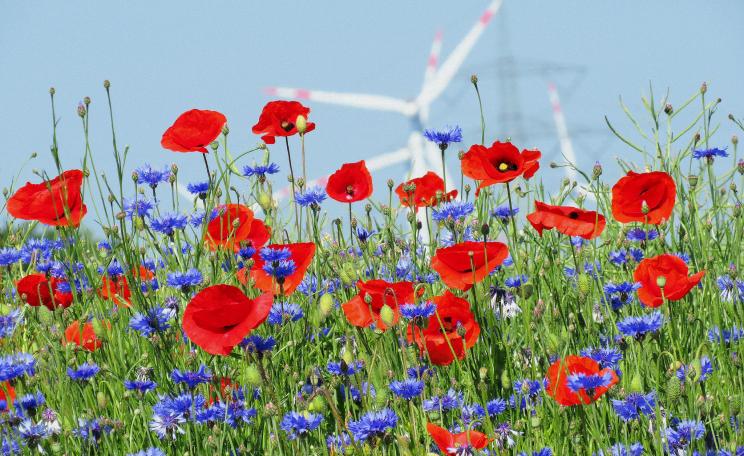It’s deeply frustrating because all this could and should be fixed – but it is not happening.
The “green Brexit” promised by Boris Johnson's Tory government has not been delivered - with weaker protections in areas such as nature and air quality, campaigners said.
But the Greener UK coalition of UK green groups said there is still a chance to enhance environmental protections as it issued its final “report card” with a series of assessments on Brexit.
Greener UK has been tracking progress on the pledge, outlined by then environment secretary Michael Gove in 2017, to deliver a green Brexit, and government promises to maintain and enhance environmental protections.
Habitat
Its final analysis finds that protections on climate, farming, fisheries and water quality are similar to 2016, but are weaker than they were for chemicals, nature, air quality and waste.
Greener UK said that while the promise of a green Brexit had not been met, there was still time for plans to be strengthened, including via the much-delayed Environment Bill and farming reforms which are still being finalised.
The coalition, which includes The Wildlife Trusts, RSPB and environmental law charity ClientEarth, warned new bodies enforcing rules on air pollution and water quality are set to be less independent and weaker than under the EU system, and environmental principles are being watered down.
And the government’s desire to retain the option to diverge from EU rules has undermined co-operation and raised the risk of deregulation in areas such as chemicals, which could put the public and environment at risk, the groups said.
There are positives from Brexit, including the government’s ambition to transform farming policy in England by replacing the EU’s Common Agricultural Policy with a system that pays land managers for providing public goods such as flood protection and habitat for nature, they said.
Pollution
If it is backed up with substantial long-term funding, maintaining food standards and adequate enforcement, it could improve the situation for wildlife, the coalition said.
But the report card gives land use only an “amber” in its traffic light ratings because of uncertainties over its delivery and an “unconvincing commitment” to maintaining standards on imported foods which could undermine the good work being done by British farmers.
The new Fisheries Bill, to replace the EU’s Common Fisheries Policy, does not rule out over-fishing but it provides for potential improvements in sustainability and monitoring at sea.
Sarah Williams, of Greener UK, said: “The government said Brexit would see improved environmental standards, but laws that protect people and nature are set to be weaker now than they were before.
“There is still time for the government to make its plans stronger, particularly for chemicals and air pollution, and follow through on promising proposals for farming. We really hope it does so.”
Frustrating
Craig Bennett, chief executive of The Wildlife Trusts, said: “We were solemnly promised that the UK would maintain and enhance our environmental standards after Brexit.
“Although that might have happened in some areas, massive gaps have opened up as a result of this process – and enforcement is weaker across the board.”
He warned that many offshore marine protected areas were still being damaged by trawling and dredging, rivers were routinely polluted, the Environment Bill delayed and the independence of the new Office for Environmental Protection further weakened.
“It’s deeply frustrating because all this could and should be fixed – but it is not happening,” Mr Bennett said.
This Author
Emily Beament is the PA environment correspondent.







